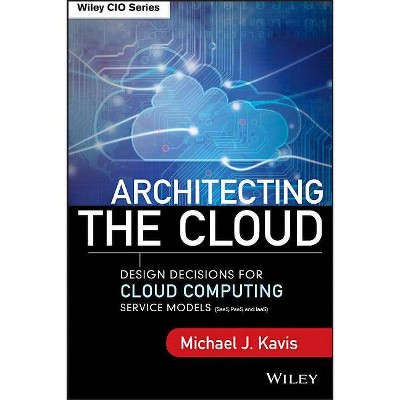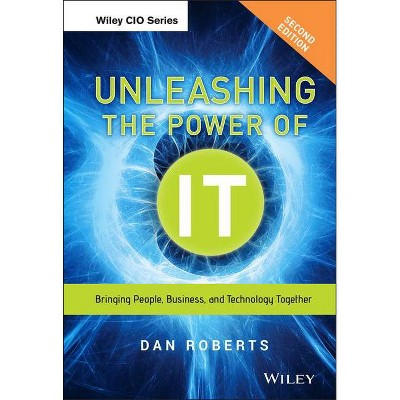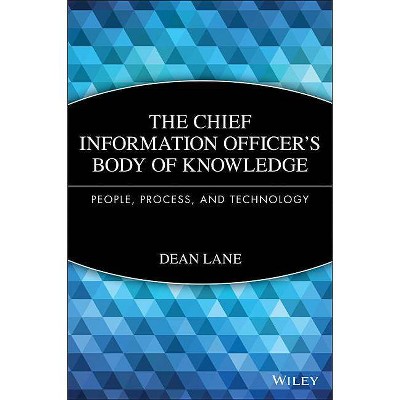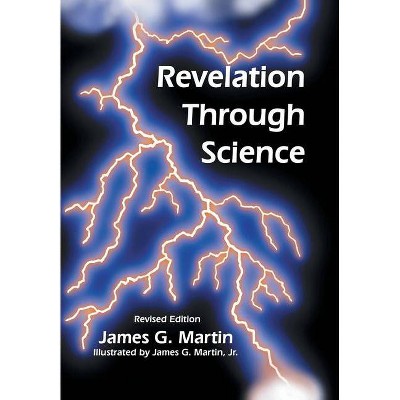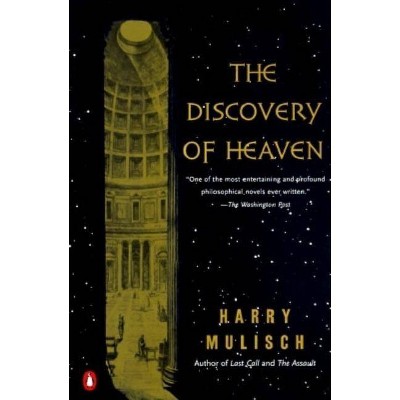Cloud Electronic Discovery + W - (Wiley CIO) by James P Martin & Harry Cendrowski (Hardcover)
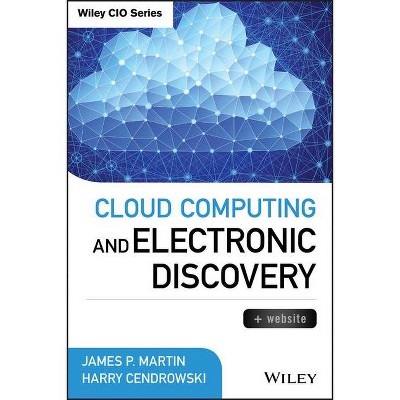
Similar Products
Products of same category from the store
AllProduct info
<p/><br></br><p><b> Book Synopsis </b></p></br></br><b>Explore the frontier of electronic discovery in the cloud</b> <p><i>Cloud Computing and Electronic Discovery</i> comprehensively covers the quickly-evolving realm of eDiscovery in cloud computing environments, a computing and legal frontier in which the rules and legal precedents are being developed anew seemingly by the day. The book delves into this fascinating and rapidly-developing topic to prepare fraud investigators, legal professionals, forensic accountants, and executives understand the ramifications of storing data with third party providers and how such storage mechanisms relate to the limits of discovery practices.</p> <p>This up-to-date resource also includes a complete discussion of the few existing legal precedents and current cases that are shaping interpretation of discovery laws in the cloud space, a perfect overview for executives storing their companies' data in the cloud and the legal professionals tasked with understanding and interpreting the discovery rules surrounding that data. The book is comprehensive in scope and includes: </p> <ul> <li>An overview of current trends in cloud computing, including potential information that should be considered in an investigation that involves data held by a cloud service provider</li> <li>Updates on current and proposed laws governing discovery of information held by a third party cloud service provider</li> <li>Updates on legal cases that address the issues of the Electronic Communication Privacy Act, the Federal law prohibiting release of information by a third party provider</li> <li>Practical guidance on how to consider the availability of cloud data relevant to an investigation, and how to include this data in discovery plans</li> </ul> <p>For business, accounting, and legal professionals, <i>Cloud Computing and Electronic Discovery</i> is an invaluable resource for understanding the nuanced development of cloud eDiscovery policies, practices, and law as they continue to unfold and develop.</p><p/><br></br><p><b> From the Back Cover </b></p></br></br><p><i>Cloud Computing and Electronic Discovery</i> offers an accessible resource that explores cloud computing technology's impact on electronic discovery approaches in litigation and criminal investigations. The key issue from a legal perspective is that an investigator or litigant cannot simply access the data that is held by a third party in the cloud. Written by James P. Martin and Harry Cendrowski--experts in this emerging field--the book delves into this fascinating and rapidly-developing area of law to better prepare fraud investigators, legal professionals, forensic accountants, and executives with an understanding of the ramifications of storing data with third-party providers and how such storage mechanisms relate to the limits of discovery practices. <p>In non-technical language, the authors reveal how data is stored and (at a high level) the technical aspects of hosted solutions that can affect production of data. As the authors explain, discovery of data within a cloud computing solution falls under the restrictions of the Electronic Communications Privacy Act of 1986. Today, judges use this law to rule on cases involving data created and stored by devices that would have been considered as science fiction in the almost thirty years since the law was first written. The book also explores in detail the Stored Communications Act (which falls within the Electronic Communications Privacy Act) as well as the prior laws that protected technological communications of a bygone era. <p>Throughout the book, Martin and Cendrowski offer insights into legal concepts that shape current cases and the common themes of privacy issues. They also describe the limitations of the current laws in interpreting modern systems and devices. In addition, the book surveys many of the precedent-setting cases that involved interpretation of hosted data and access of that data by litigants or the government. Based on current trends and recent court cases, the book includes practical guidance on how to consider the availability of cloud data relevant to an investigation and how to include this data in discovery plans. The companion website includes the most recent updates to the laws covering cloud computing and electronic discovery. <p>For business, accounting, and legal professionals, <i>Cloud Computing and Electronic Discovery</i> is an invaluable resource for understanding the evolution of cloud eDiscovery policies, practices, and law as they continue to unfold and develop.<p/><br></br><p><b> About the Author </b></p></br></br><p><b>JAMES P. MARTIN, CMA, CIA, CFE, </b> is Managing Director at Cendrowski Corporate Advisors. <p><b>HARRY CENDROWSKI, CPA, ABV, CGMA, CFF, CFE, CVA, CFD, MAFF, </b> is President of Cendrowski Corporate Advisors and a frequent speaker on forensic accounting and litigation. <p><b>MARTIN</b> and<b> CENDROWSKI</b> are the coauthors of the <i>Handbook of Fraud Deterrence</i> and <i>Private Equity, Second Edition</i> from Wiley and the coauthors of the industry newsletters <i>The Fraud Files</i> and <i>Corporate Governance Edition</i>.
Price History
Price Archive shows prices from various stores, lets you see history and find the cheapest. There is no actual sale on the website. For all support, inquiry and suggestion messagescommunication@pricearchive.us
